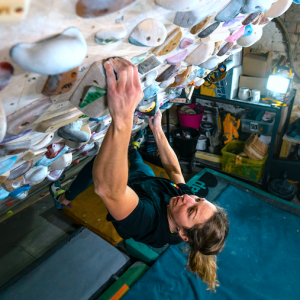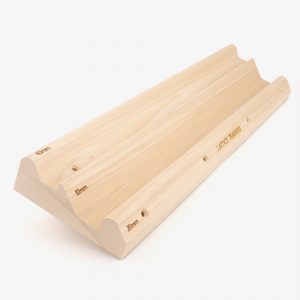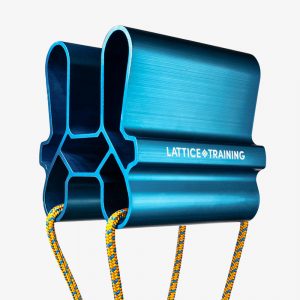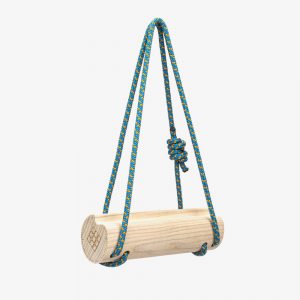Collagen Supplements – What Does The Research Say?
Collagen Supplements have become a hot topic in sports science recently. In recent years it has been proposed that collagen supplements may increase healing from connective tissue injuries. Here we take a deeper look at what that research says.
Should We Be Taking Collagen Supplements?
Connective tissue injuries (e.g. tendinopathies, ligament tears) are the most common musculoskeletal issues in sport, and indeed in climbing. The goal of any intervention to treat this kind of injury is to increase the content of directionally oriented collagen and the density of cross-links to rebuild the tensile strength of the tissue.
The most effective method to promote tissue healing is loading, however, in recent years it has been proposed that combining loading with nutritional interventions (i.e. collagen supplements) can further improve collagen synthesis, thereby, increasing healing.
A recent systematic review on the use of collagen supplementation (Kahtri et al., 2021) concluded:
- Collagen has the potential to reduce joint pain and improve joint functionality. Especially when complemented with a rehabilitative exercise protocol.
- Collagen supplementation increased pain-free time to exertion and collagen synthesis.
- 15g doses, when taken at least 1 h prior to exercise for over 3 months, may aid in reducing functional joint pain.
- Prolonged use of collagen is deemed to be safe, with no adverse effects reported even at higher doses (60 g/day).
Will Everyone Benefit from Collagen Supplementation?
It is worth noting that the dosage, methodology, trial outcome measures, and populations studied, vary quite a lot in the current literature. This makes it harder to compare results from different studies. There is also a significant degree in individual variability in the response to supplementation. This is particularly seen in the effects on markers of collagen synthesis. In one particular study, 15 g of vitamin C–enriched hydrolyzed collagen taken 60 mins before loading induced a mean increase of 20 % in procollagen blood markers. However, in some participants from the same study, there was no meaningful change observed.
Are Vegan/Vegetarian Versions of Collagen Supplements as Effective?
Currently, we don’t know. All the research to date has used bovine or marine sourced hydrolysed collagen/gelatine. Collagen is comprised of glycine, proline and hydroxyproline – all 3 amino acids are harder to obtain in a vegan/vegetarian diet. Glycine is often deemed the limiting factor in optimal collagen synthesis in vegans. Glycine also independently elicits anti-inflammatory action. Therefore the potential for pain reduction in injuries may be attributed to this alone.
We cannot see why vegan derived (synthetic fermentation methods) pro-collagen aminos can’t be utilised in the same way. Particularly when taken in the same ratios – it just might be costly to achieve the same doses!
Take home messages:
1) Reasonable evidence that hydrolysed collagen can improve connective tissue healing, joint pain and functionality. However, further research is required to understand the exact adaptive mechanisms.
2) Exercise and vitamin C seems to aid collagen synthesis (assessed indirectly through blood markers). 15 g/day collagen was more effective than 5 g/day collagen in elevating collagen synthesis, hence 15 g/day may be a more effective dose.
3) Collagen should be consumed prior (~ 60 min) to exercise to maximise collagen synthesis.
Want personalised help with your nutrition? Check out our Lattice Training Nutrition Plans!






